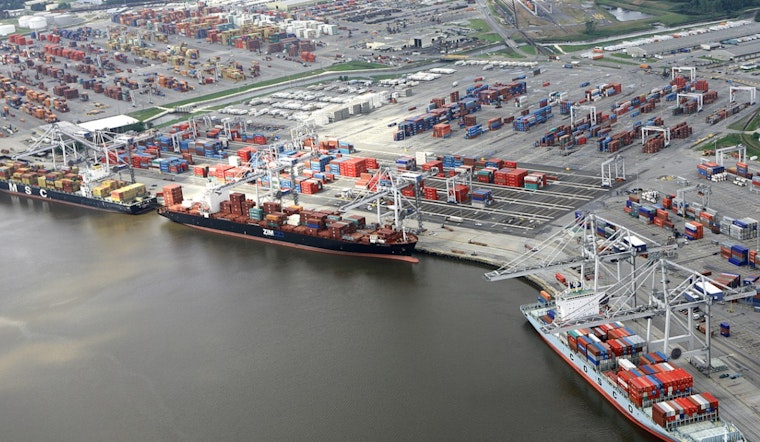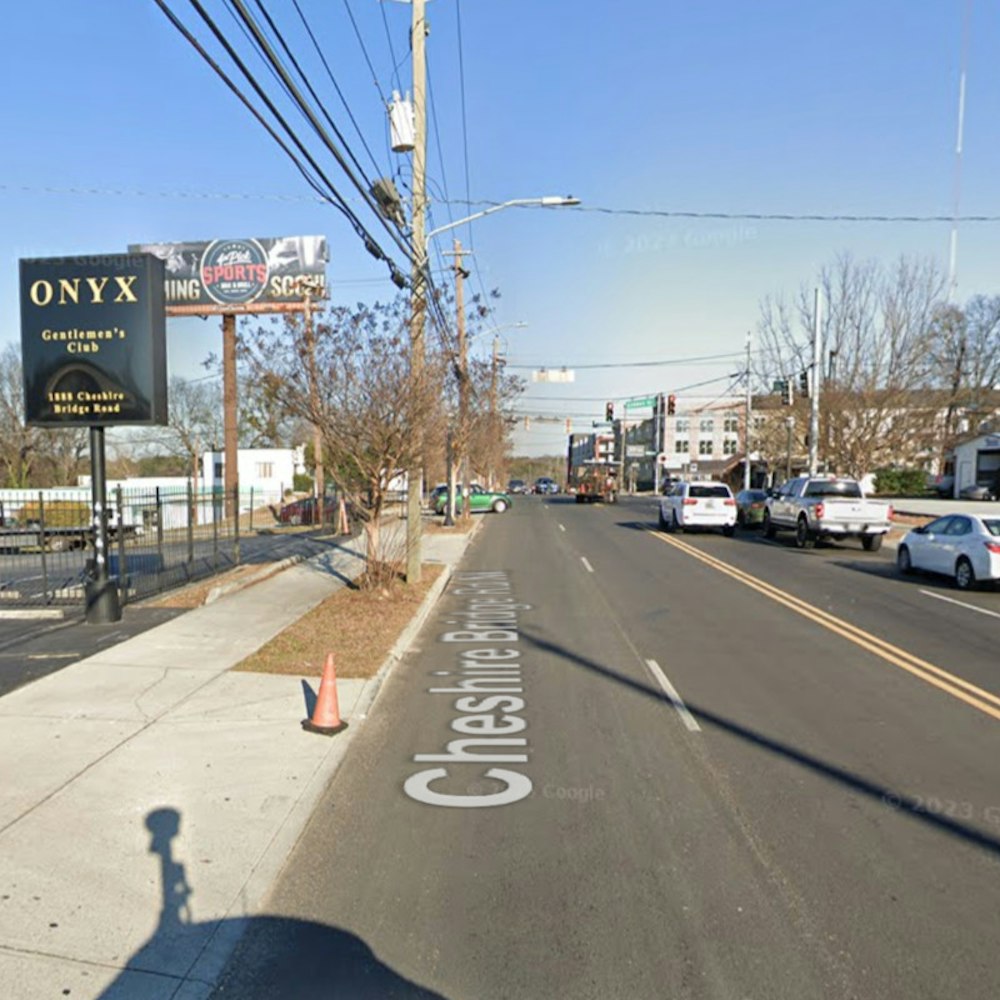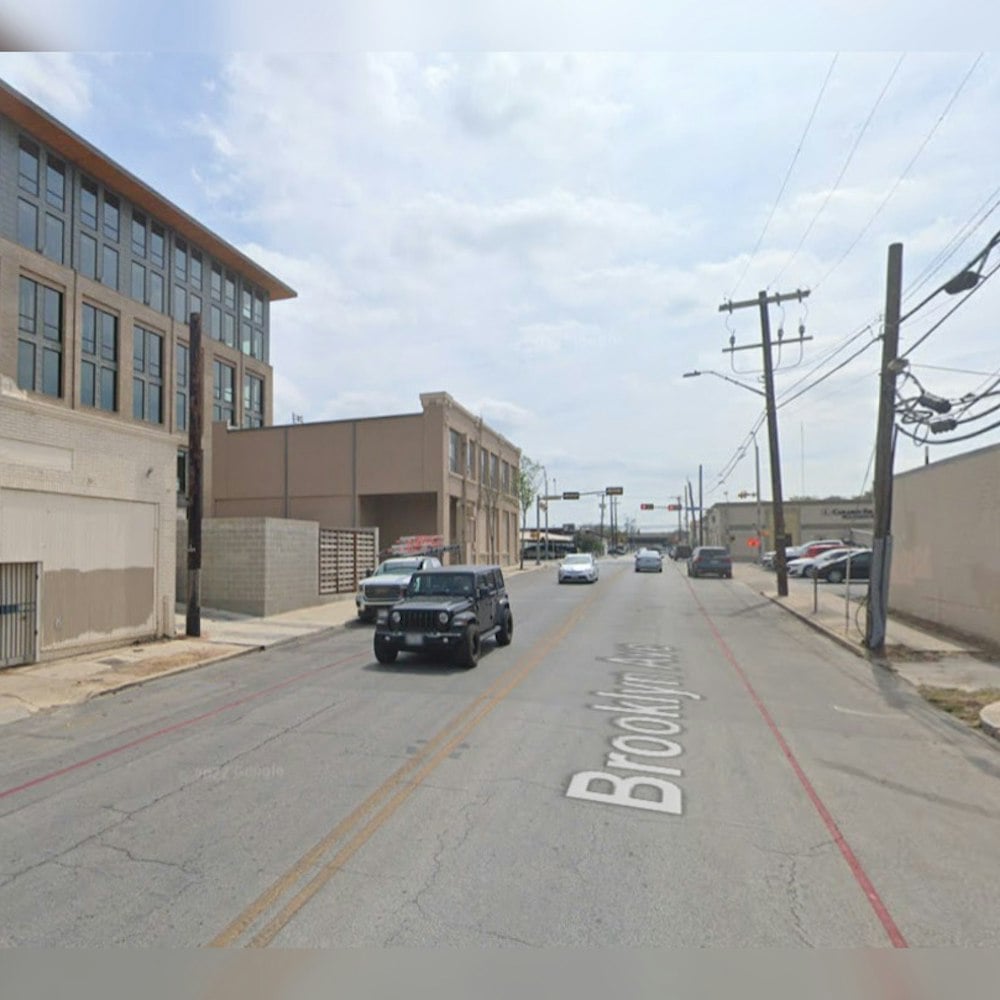
As the Port of Baltimore grapples with the aftermath of the Francis Scott Key Bridge collapse, the Georgia Ports Authority is stepping up, declaring readiness to absorb additional cargo and mitigate supply chain disruptions. The catastrophe which struck early Tuesday morning has not only crippled a key artery of trade but also sent shockwaves through the nation's logistics networks.
With Baltimore's main port operations suspended, the flow of international cargo has been thrown into disarray. Maryland Gov. Wes Moore said, "For everybody who is buying cars, for everybody who is (buying) farm equipment, we’re the largest port in the country that does that," highlighting the widespread impact well beyond Maryland's borders—intensified by the port's status as the nation’s leader in roll-on, roll-off cargo, as reported by WSAV.
Supply chain experts, confident that the crisis can be navigated, predict that the East Coast's network of ports will step in to pick up the slack. "Ultimately, most trade through Baltimore will find a new home port," Moody’s Analytics economist Harry Murphy Cruise told WSAV in a statement that echoes resilience amidst chaos.
Ports such as Savannah and Brunswick in Georgia stand prepared to increase their cargo loads, supported by a recent $65 million investment in enhancements to bolster capacity. Amidst heightened concern for infrastructure stability, the Talmadge Memorial Bridge in Savannah remains a subject of scrutiny, although it benefits from a design distinct from the ill-fated Baltimore bridge—a reassurance to trade and industry relying on the robustness of these channels, according to FOX5 Atlanta.
Still, U.S. Transportation Secretary Pete Buttigieg emphasizes the uncertainty of the duration required to clear the Patapsco River channel and restore normal operations at Baltimore's port. As over 50 shipping companies face disrupted schedules, U.S. Rep. David Trone put the economic toll at $15 million per day, signaling an urgent need for alternate arrangements—a task for which Georgia's ports are apparently gearing up to tackle.









